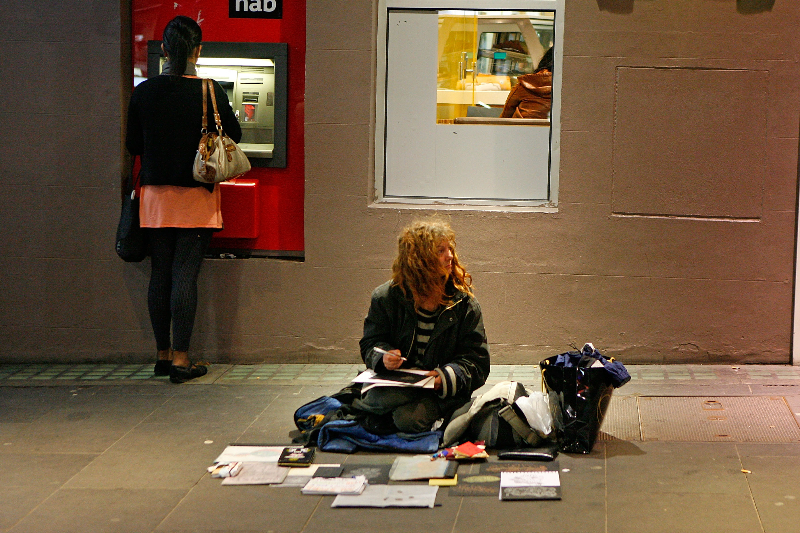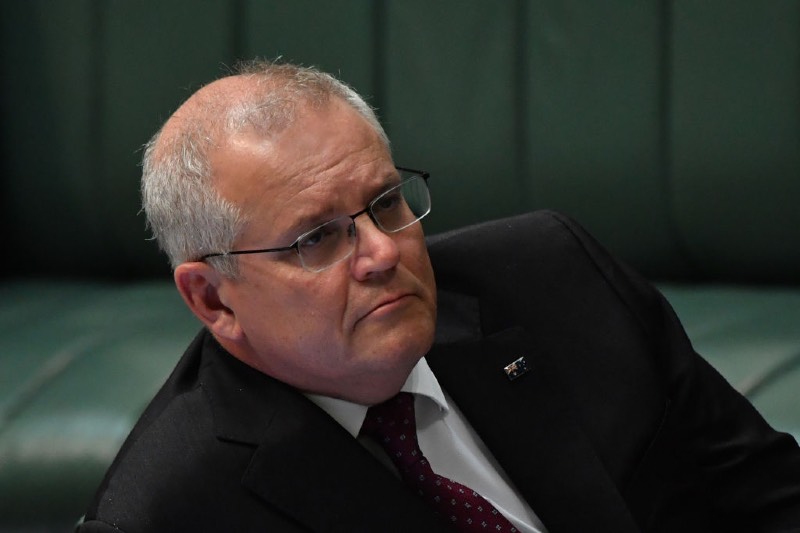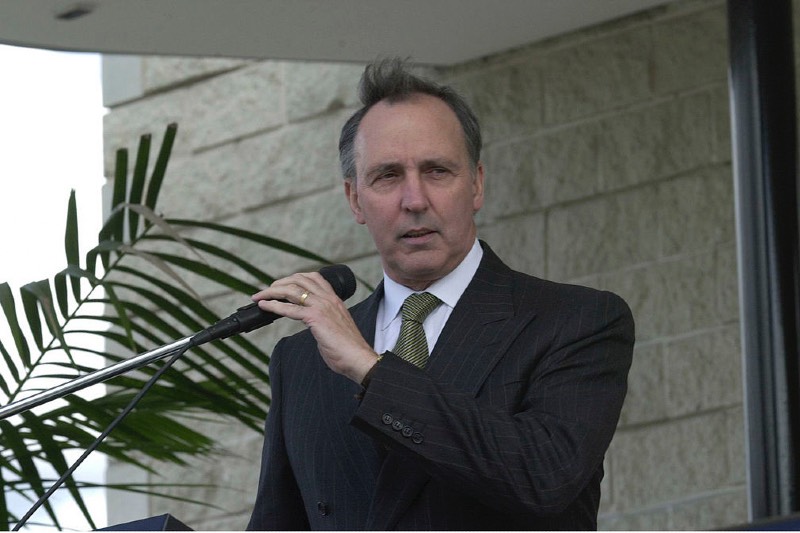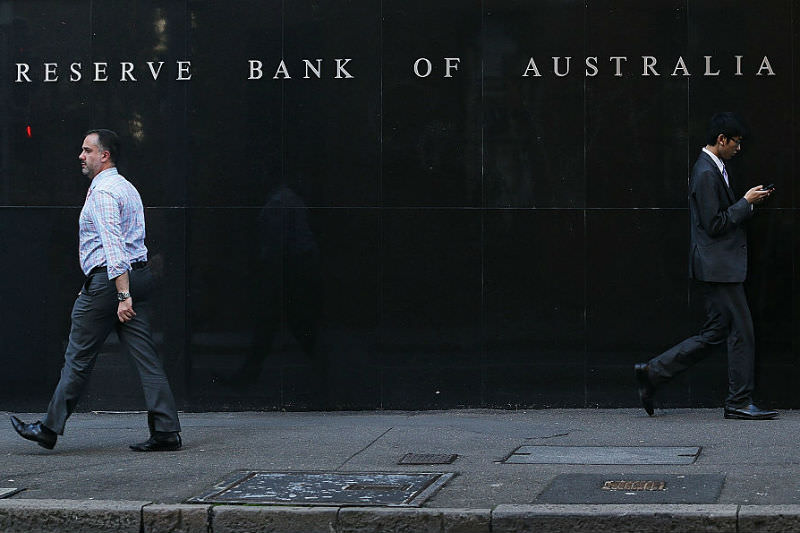Section: Economics
There are more than 60 results, only the first 60 are displayed here.
Become a subscriber for more search results.
-

ECONOMICS
- David James
- 12 August 2021
4 Comments
The biggest mystery of the financial markets is why, when the monetary authorities have been printing money with their ears pinned back, is inflation for the most part not a problem? What happens with inflation is crucial to the short-term survival of the whole system. Global debt, which is running at well over 300 per cent of global GDP, is only sustainable because interest rates are exceptionally low (the base rate in Australia is only 0.1 per cent). And interest rates are low because inflation is not a problem.
READ MORE 
-

ECONOMICS
- John Falzon
- 10 August 2021
13 Comments
When you put rising housing costs alongside stagnating wages, an alarming trend in normalising insecure work, persistent unemployment and underemployment, and statutory incomes that are going backwards in real terms, there’s good reason to be deeply worried about an increase in homelessness.
READ MORE 
-

ECONOMICS
There really is no such thing as ‘capitalism’ — or rather there are so many capitalisms that the word is altogether too imprecise to be useful. A much better term to identify the problems, even evils, of modern developed economies is ‘corporatism’. This can be precisely identified and its transgressions and general harm are getting worse.
READ MORE 
-

ECONOMICS
Our economy is 1.1 per cent larger than a year ago. Yet, as the situation in Victoria reminded us, none of us are safe unless all of us are safe. And we cannot be safe while work remains increasingly insecure, while social security payments are inadequate and while our public infrastructure is found wanting.
READ MORE 
-

ECONOMICS
An often overlooked fact about the financial system is that it entirely depends on trust. When trust starts to evaporate, especially between the big players such as banks and insurance companies, the whole artifice is put into peril. Trust in the system is now at an extreme low and that points to extreme danger.
READ MORE 
-

ECONOMICS
In a recent speech to business leaders, Prime Minister Morrison made the remarkable claim that ‘we are going to meet our [climate change] ambitions with the smartest minds, the best technology and the animal spirits of capitalism.’ This is straight from the neoliberal playbook, the doxa that the role of government is to get out of the way to make room for those animal spirits so as to pander to the fantasies of the wealthy few.
READ MORE 
-

ECONOMICS
But although the Coalition will never admit it, it looks suspiciously like there has been some bipartisan institutional learning about how to manage financial crises. If you want to stimulate an economy in times of crisis put the money directly into the economy, either into people’s pockets or to businesses who then pass it on to workers.
READ MORE 
-

ECONOMICS
- David James
- 08 April 2021
5 Comments
It is one of the ironies of Australian political history that a policy that has profoundly benefited this country’s version of capitalism came, not from the right, but from the Labor party and unions. The mandating of superannuation payments in 1992 under the Keating government has profoundly changed Australia’s financial system.
READ MORE 
-

ECONOMICS
- David James
- 09 March 2021
5 Comments
Social media companies are adopting a strategy that may go down in history as among the worst corporate mistakes ever. Google and Facebook are now monopolies and, like all monopolies, they no longer see their main interest as serving customers but rather to capture governments in order to protect their market dominance.
READ MORE 
-

ECONOMICS
- David James
- 09 February 2021
5 Comments
The controversy over the shares of US video game company GameStop has again exposed what has long been obvious: there is something seriously rotten in the state of the world’s financial markets. It was a battle between a hedge fund, Melvin Capital, which manages $US13 billion, and a small group of ‘amateur’ investors who communicated with each other on a Reddit forum called WallStreetBets.
READ MORE 
-

ECONOMICS
- David James
- 10 December 2020
1 Comment
The world’s financial markets are afflicted by a deep irrationality that imperils their very existence. On the surface, finance looks logical enough with its numbers, charts, mathematics, forecasts, ‘modelling’ and so on. But this only masks the fact that the system itself has been working on underlying assumptions that are either contradictory — such as that you can ‘deregulate’ finance when finance consists of rules — narrow minded or absurd.
READ MORE 
-

ECONOMICS
- David James
- 17 November 2020
5 Comments
There is a common error about economics that, if not corrected, has far reaching consequences. It is the widely held belief that economic growth and consumption are the same. They are not.
READ MORE 